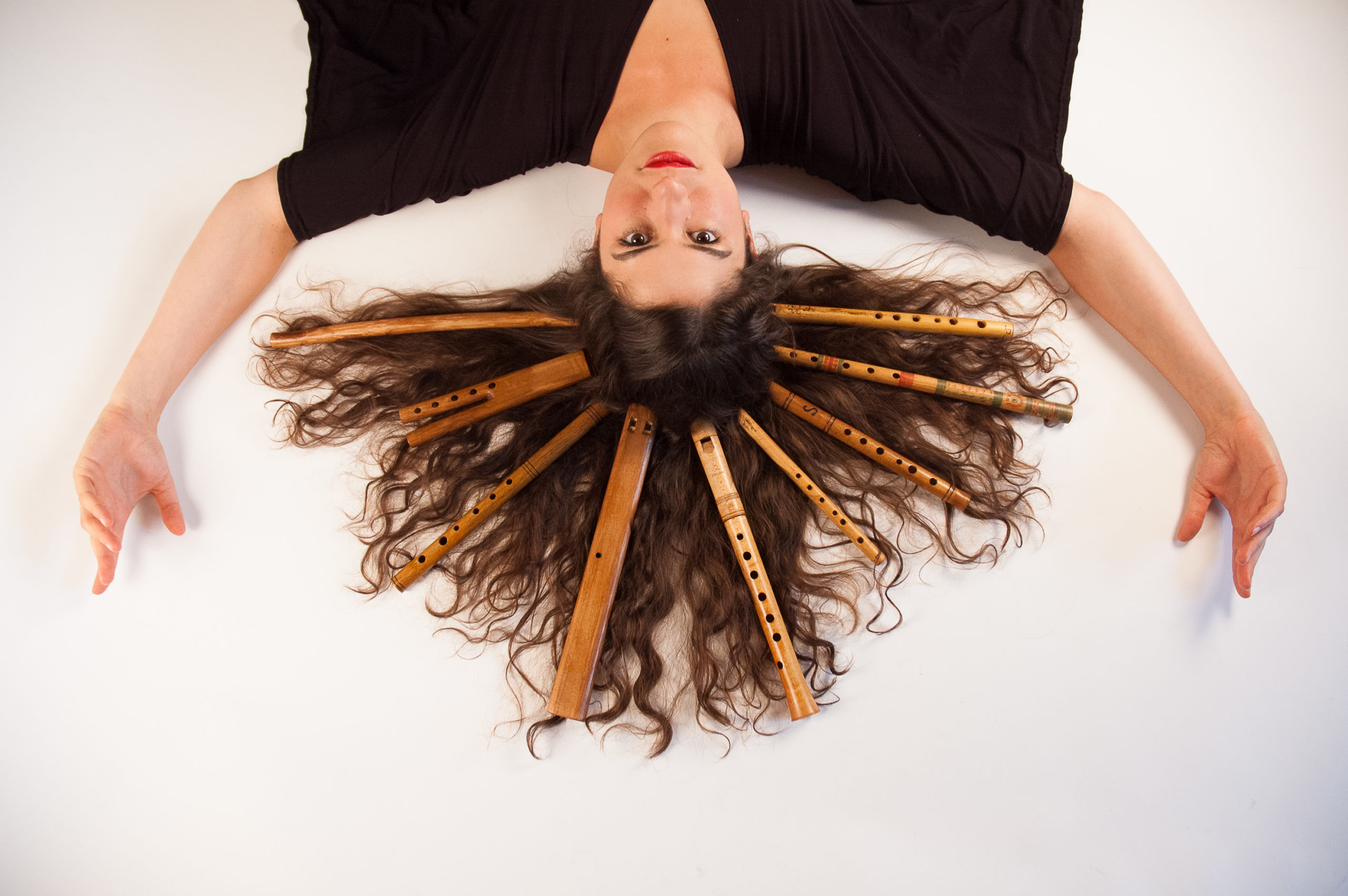Beat of the Boroughs: Éléonore Weill

Raised in musical family in Southern France, klezmer musician Eleonore Weill grew up playing both classical and traditional music on piano and recorders, on which she has Conservatory Diplomas, as well as hurdy-gurdy and accordion. She performs, sings and teaches workshops internationally at festivals, universities and schools, composes, and works with theater companies. Her groups – Fada and Tsibele – are based in Flatbush.
The Gowanus resident is featured in the Center for Traditional Music and Dance’s Beat of the Boroughs: NYC Online series, which is showcasing the artistry of 54 of the city’s leading immigrant performers and diverse cultural traditions from around the world.

Brooklyn Boro
View MoreNew York City’s most populous borough, Brooklyn, is home to nearly 2.6 million residents. If Brooklyn were an independent city it would be the fourth largest city in the United States. While Brooklyn has become the epitome of ‘cool and hip’ in recent years, for those that were born here, raised families here and improved communities over the years, Brooklyn has never been ‘uncool’.